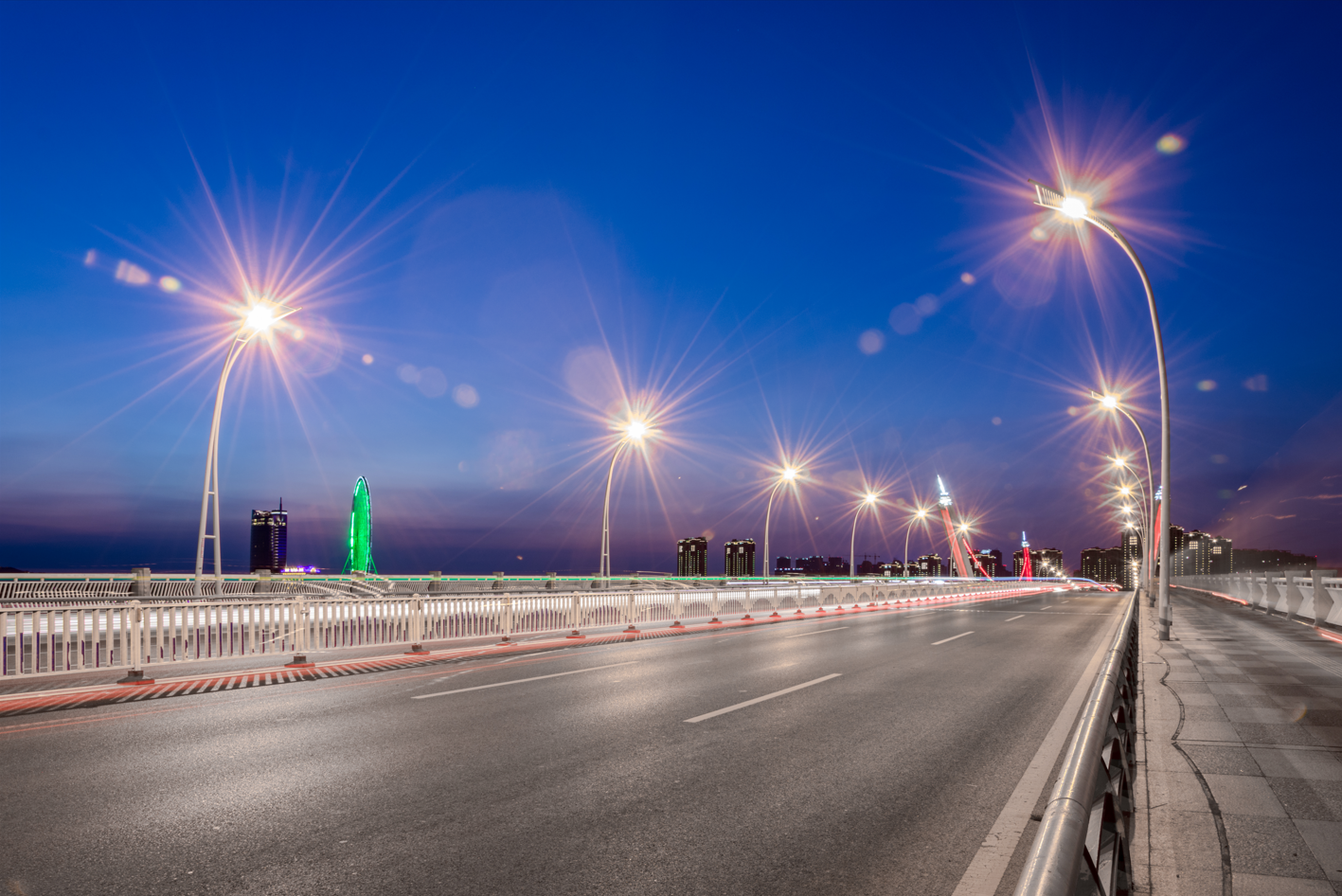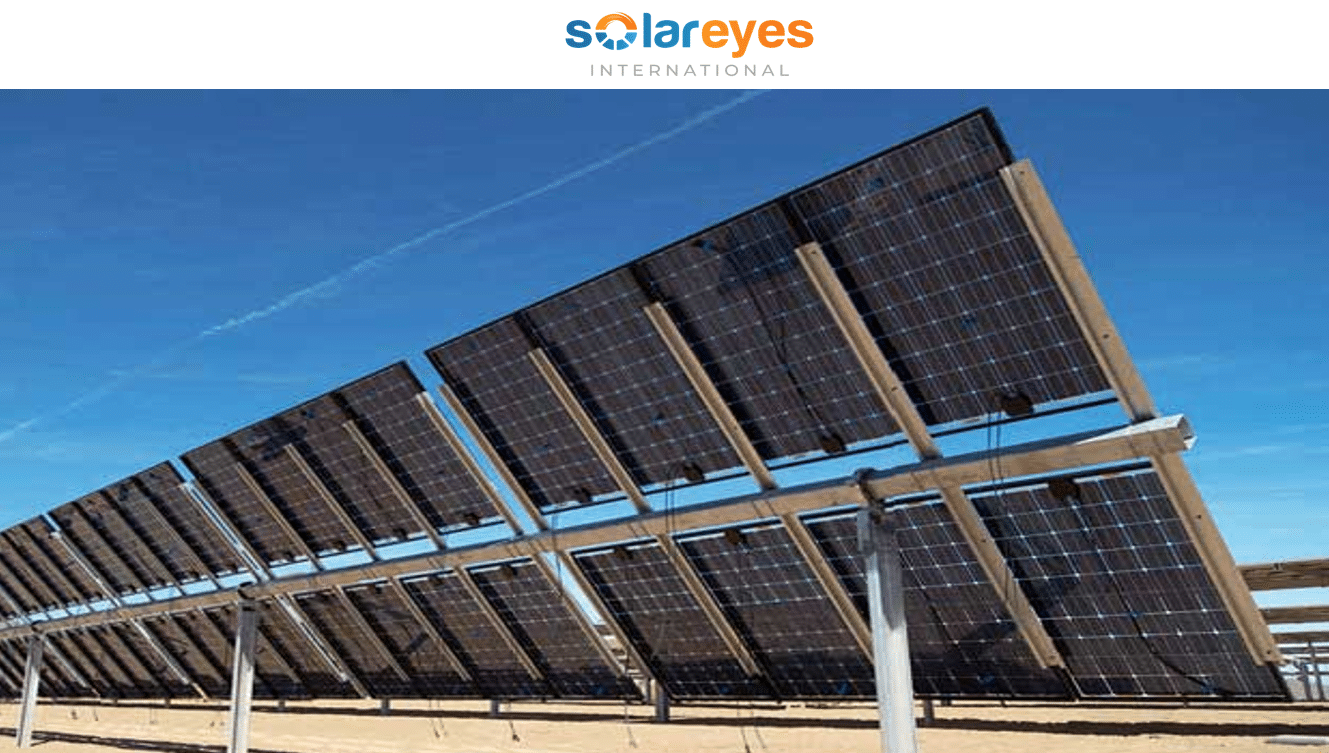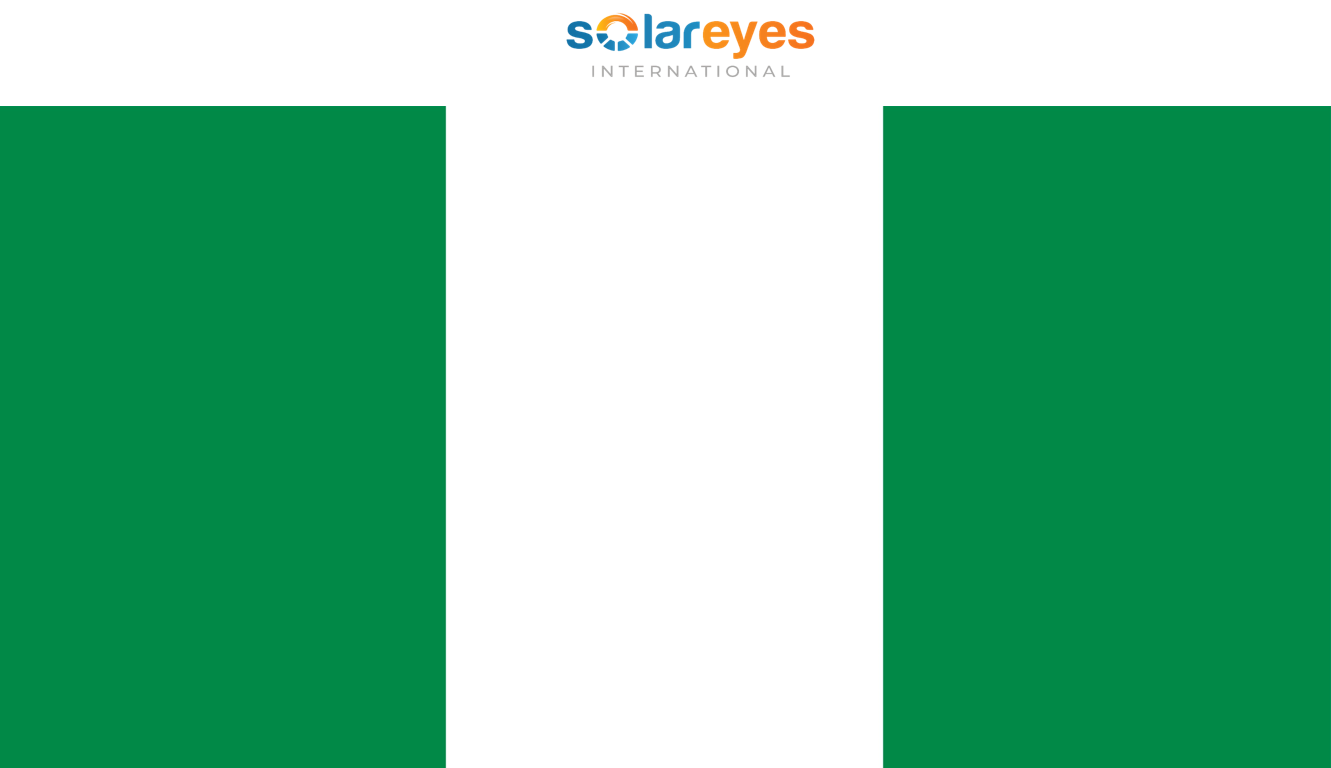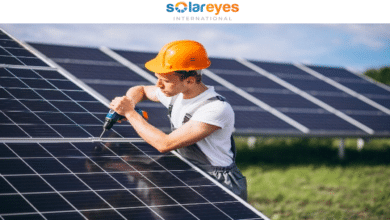SOLAR PANEL LOSSES: All you Need to Know + Tips on how to avoid them
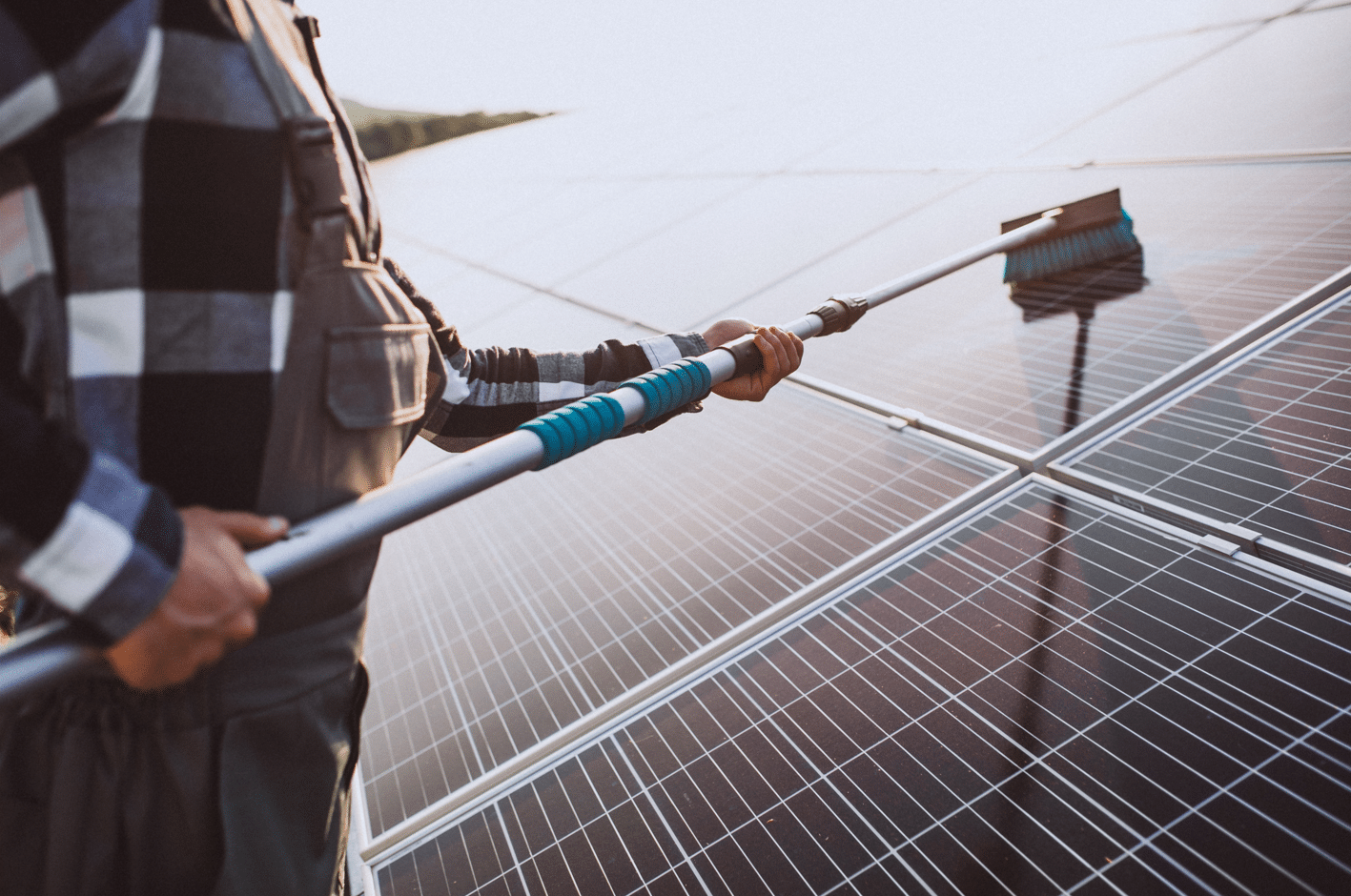
Solar panels are becoming increasingly popular as a source of renewable energy. However, it is essential to understand that solar panel losses can occur, impacting the efficiency and output of your solar system.
In this article, we will dive into the various factors that contribute to solar panel losses and what you need to know to maximize the performance of your solar system.
Solar Panel Losses
Different types of solar panel losses exist. Below are some of the key solar panel losses that you should know.
1. Temperature
High temperatures can cause solar panels to become less efficient. As the temperature rises, the output of the panel decreases. This is because solar panels work best at cooler temperatures.
Opportunities for Solar Energy Development in Europe
2. Shading
Shading is another factor that can cause solar panel losses. When a solar panel is shaded, it cannot generate as much electricity as it would if it were in direct sunlight.
This can be caused by trees, buildings, or other obstacles that block the sun’s rays.
3. Dirt and Debris
This is sometimes called PV soiling and has a huge impact as a type of solar panel losses.
Dirt and debris can accumulate on solar panels, reducing their efficiency. It is essential to keep your solar panels clean to maximize their performance.
4. Aging
Solar panels can lose efficiency over time. This is because the cells in the panel degrade over time, resulting in a decrease in output. Thus solar panel aging is an important type of solar panel losses that need to be understood.
5. Inverter Issues
Inverter issues can also cause solar panel losses. The inverter is responsible for converting the DC electricity generated by the solar panels into AC electricity that can be used in your home.
Opportunities for Solar Energy Development in Africa
If the inverter is not functioning correctly, it can lead to a decrease in output.
6. Location
This has to do with the region or country in which the solar panels will be installed. The location of your solar panels can also impact their efficiency.
Panels that are installed in areas with high temperatures may experience more significant losses than those installed in cooler areas.
7. Weather Conditions
Weather conditions such as snow, hail, or extreme heat can also impact the efficiency of your solar panels.
While most solar panels are designed to withstand various weather conditions, extreme weather can cause damage and lead to efficiency losses.
8. Wiring Issues
Wiring issues can also cause a decrease in output. Loose or damaged wiring can result in a loss of energy transfer, leading to a reduction in efficiency.
9. System Design
The design of your solar system can also impact its efficiency. A poorly designed system may result in losses due to shading or other issues.
10. Damage to the solar panels
A physical damage to solar panels such as cracking can reduce the performance of the solar panel and hence contribute to solar panel losses.
By understanding the factors that can cause solar panel losses, you can take steps to minimize their impact and maximize the performance of your solar system.
All You Need to Know About Australia’s Solar Sector
Regular maintenance, monitoring, and upgrades can help ensure that your system is operating efficiently and providing you with clean, renewable energy.
5 Tips on How to Minimize Solar Panel Losses
Solar panel losses can occur due to various factors, including shading, dirt buildup, and equipment malfunctions. These losses can impact the performance of your solar system and reduce its efficiency over time.
However, there are steps you can take to minimize solar panel losses and maximize the output of your solar system.
1. Keep Solar Panels Clean
Regularly cleaning your solar panels can help minimize losses due to dirt buildup. Use a soft brush or sponge and water to gently clean the panels, avoiding harsh chemicals that can damage the surface.
2. Avoid Shading
Shading can significantly impact the output of your solar system. Keep trees and other obstacles trimmed to avoid shading on your solar panels.
3. Monitor Performance
Regularly monitoring your solar system’s performance can help detect any issues early on. Keep track of the daily output of your solar system and look for any significant changes or drops in performance.
4. Regular Maintenance
Proper maintenance of your solar system can help prevent equipment malfunctions and prolong its lifespan. Schedule regular maintenance checks with a professional to ensure that your system is operating efficiently.
Solar Panels on Your Roof in South Africa? Here is How to Qualify for a Tax Rebate
5. Invest in High-Quality Equipment
High-quality solar panels and equipment can help minimize losses due to equipment malfunctions and ensure that your system is operating efficiently.
Conclusion
While solar panels are a reliable and sustainable source of energy, they can experience losses due to various factors.
By understanding the causes of solar panel losses and taking steps to minimize their impact, you can ensure that your solar system is operating at peak performance, providing you with clean, renewable energy for years to come.
By following these tips, you can minimize solar panel losses and maximize the performance of your solar system. Regular maintenance, monitoring, and upgrades can help ensure that your system is operating efficiently and providing you with clean, renewable energy for years to come.
FOLLOW US ON OUR CHANNELS
Follow us on LINKEDIN, FACEBOOK, TELEGRAM GROUP and WHATSAPP.
*** ALSO CHECK: 12 CHALLENGES FACED BY SOLAR COMPANIES IN DEVELOPING COUNTRIES
ABBREVIATIONS IN THE SOLAR ENERGY SECTOR
HOW TO SIZE A SOLAR SYSTEM – 5 clear steps anyone can follow


